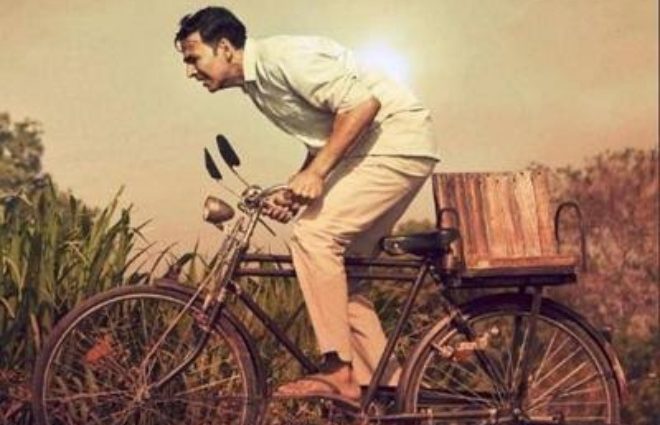A rags to riches story invariably sells in the market. This theme has hogged an unprecedented limelight after the Indian Prime Minister Narendra Modi came to power in 2014 elections, where the largest democracy of the world voted. Modi had many more credentials to feed the sensationalist mindset, nourished by fiery slogans, social media gallantry, etc., but that is not the matter of discourse for now.
As a society of unequal opportunities, we must celebrate the efforts when individuals fight odds and become successful whether it is because of poverty or any other restricting factor. Recently, as I was watching a chat show by one of the most popular Indian stand-up comedian Kapil Sharma on the television, something queer caught my attention.
Who in India doesn’t know Akshay Kumar, one of the most successful Bollywood stars of his time? He was narrating a touching story of his early adulthood days when he had to travel without ticket on trains because he had no money.
Minutes later Sajid Nadiadwala entered the stage, being the producer of a movie that Akshay was promoting. During the conversation, Sajid informed the audience that he was a junior of Akshay in the school and how he has known the latter since then.
Sajid Nadiadwala is a well-known producer of the Indian film industry and his family is in the business from 1955. So, he cannot be called poor in any way. Both he and Akshay attended the Don Bosco School, Mumbai.
I wondered even if these stars know the real meaning of poverty in the very country they live. Akshay’s father was an army officer. I do not understand how poor he could have been, at least not hand to mouth.
Feeding on the emotional quotient is really great for TRPs but not necessarily for ethics. It is absolutely alright to belong from a middleclass background and reach a cult status. Even that is more than ordinary and comes in the bracket of exceptional. Perhaps that will not leverage the sympathy and regard a ‘rags to riches’ account grabs.
Another day, another well-known Bollywood star of the 1980s, Govinda said in the same talk show, ‘poverty makes you dance from all places’. He was answering a question as to how his dance moves are so unique. Almost the next statement he quoted was with a reference to all the famous classical dance stalwarts like Sitara Devi and Birju Maharaj who guided him to understand the nuances of beats and music. He further said that his mother Nirmala Devi Arun was a trained classical singer. I do not know if such professions exist among the Indian poor even today.
Such display of a poor lineage reminds me of a story my father once narrated to me when I was a child. He said, “One day a school girl was asked to write a story about a poor person. She belonged to a wealthy family. She did not really understand the meaning of poverty in the right sense. She had an army of servants to do various errands. Being a child, she let her imagination fly and there she was with her narration. As in many children stories, she unknowingly became the protagonist of the story and wrote, ‘There was a little girl. She was very poor. Even her cook, chauffeur, and the house maid was also poor….”
It is a strange irony that the rich are not just content with affluence, but they also want a share in the sympathy the poor gets. Maybe, someday in the frivolous world of marketing, fueled by social media mania going berserk through tik-tok and the race of viral videos, living a day like poor and destitute will be the next viral challenge people will take, mocking the gravity of human sufferings and bringing down humanity to a new low.
(Views expressed by author are personal)
What it’s like to survive as a non-conformist woman in workplace

